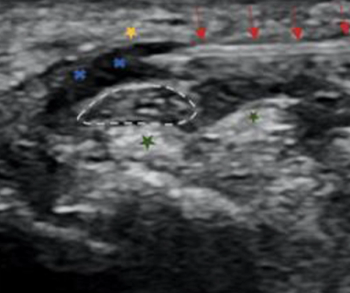
A randomized controlled trial shows that the minimally invasive treatment provided long-term relief of carpal tunnel syndrome.

A randomized controlled trial shows that the minimally invasive treatment provided long-term relief of carpal tunnel syndrome.
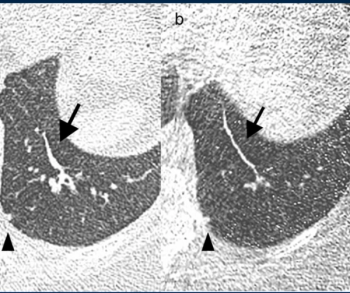
Ultra-low-dose computed tomography (ULDCT) may have similar efficacy as low-dose CT (LDCT) for detecting a variety of pulmonary conditions in people with current or past smoking histories, but had poor detection of ground glass opacification lesions, according to a recent prospective study presented at the Radiological Society of North America (RSNA) conference.
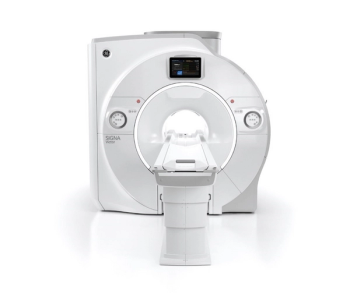
Recently launched at the Radiological Society of North America (RSNA) conference, the SIGNA Experience reportedly features synergistic technologies and artificial intelligence (AI) advances that help improve the efficiency and quality of magnetic resonance imaging.
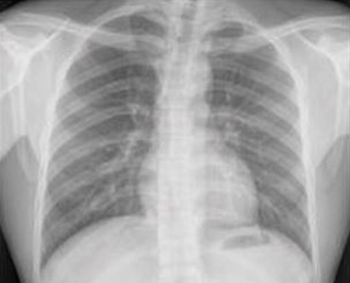
Based on a single existing chest X-ray image, the deep learning model predicts future major adverse cardiovascular events with similar performance to an established risk scoring system and may help identify people for preventive use of statin medication.
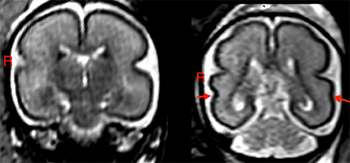
Researchers found that even low amounts of alcohol consumption in pregnant women can lead to early and diffuse structural changes in brain regions related to key functions including language development.
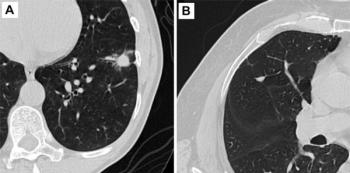
Emphasizing the benefits of annual lung cancer screening with low-dose computed tomography (CT), researchers noted high 20-year survival rates for a variety of early-stage lung cancer tumor presentations, including a 100 percent survival rate for those with non-solid or partly solid cancerous nodules.
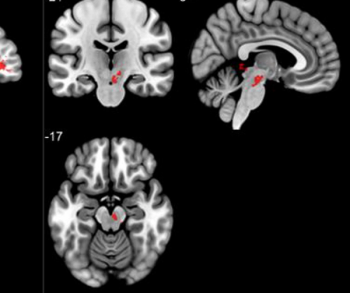
COVID-19 may cause changes in the brain stem and frontal lobe that could lead to fatigue, impacts in motor signal processing, insomnia, and depression, according to emerging research recently presented at the Radiological Society of North America (RSNA) annual conference in Chicago.
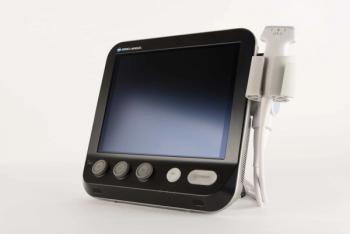
The Sonimage MX1 Platinum device reportedly offers a number of features to provide optimal ultrasound image resolution in a variety of point-of -care settings.
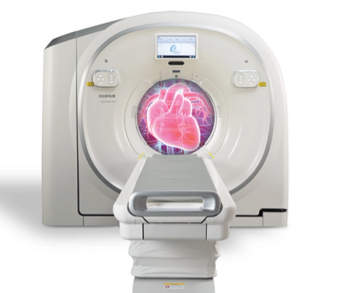
The recently launched Scenaria View Focus Edition computed tomography (CT) system features an advanced cardiac motion correction tool that reportedly provides significantly higher temporal resolution than conventional image reconstruction.
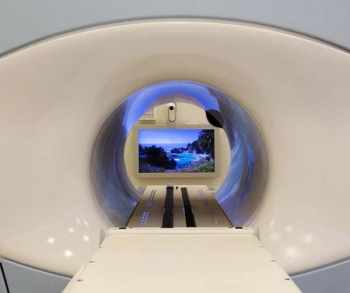
For patients undergoing stereotactic body radiotherapy (SBRT) for prostate cancer, the acute genitourinary (GU) toxicity rate associated with the procedure was 19 percent lower with magnetic resonance imaging (MRI) guidance in comparison to computed tomography (CT) guidance, according to new research presented recently at the American Society for Radiation Oncology (ASTRO) Annual Meeting.
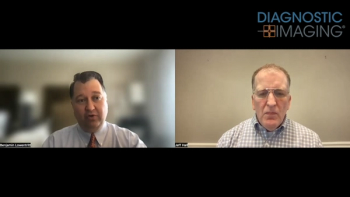
In a recent video interview from the American Society for Radiation Oncology (ASTRO) Annual Meeting, Benjamin Lowentritt, MD discussed the challenges of conventional imaging in diagnosing prostate cancer recurrence and the potential of an emerging high affinity, radiohybrid prostate-specific membrane antigen/positron emission tomography (PSMA/PET) imaging agent.
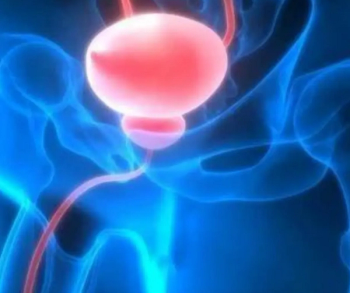
Five weeks of radiation therapy is just as effective as eight weeks of radiation treatment for men with high-risk prostate cancer, according to new research presented at the American Society for Radiation Oncology (ASTRO) Annual Meeting.
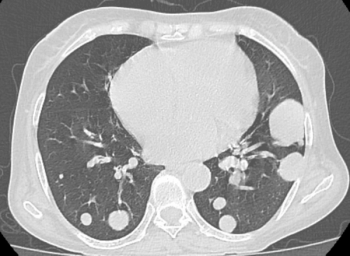
Out of 1,600 patients who had surgery for colorectal cancer, nearly 15 percent had pulmonary metastases within 15.4 months and higher-risk patients experienced lung metastases within three months, according to new research presented at the Scientific Forum of the American College of Surgeons Clinical Congress.
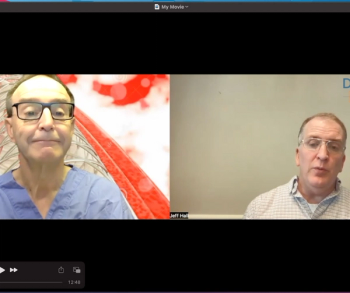
In a recent video interview, interventional radiologist Lindsay Machan, MD, discussed his longtime work with selective salpingography and fallopian tube recanalization to assist women with infertility issues, and key findings from a new study that he recently presented at the Society of Interventional Radiology (SIR) conference.
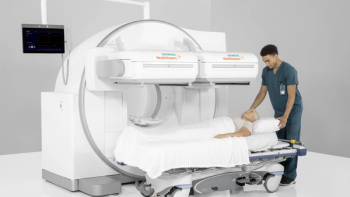
The newly FDA-cleared Symbia Pro.specta SPECT/CT Scanner, which reportedly offers a variety of enhanced capabilities including low-dose CT up to 64 slices and intuitive workflow guides, was launched at the Society of Nuclear Medicine and Molecular Imaging (SNMMI) 2022 Annual Meeting.

In what may be the first study to examine clinical and polysomnographic aspects of obstructive sleep apnea (OSA) and coronary microvascular disease (CMD), researchers said the frequency of OSA may be a significant factor in the development of heart disease and related complications.
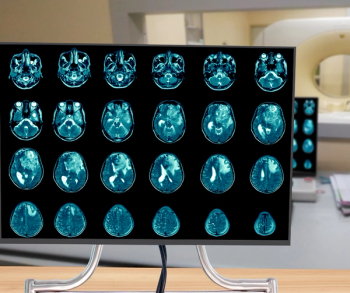
The deep learning model may offer enhanced sensitivity and specificity on MRI for patients with glioblastoma, according to preliminary research presented at the Society for Imaging Informatics in Medicine (SIIM) conference.
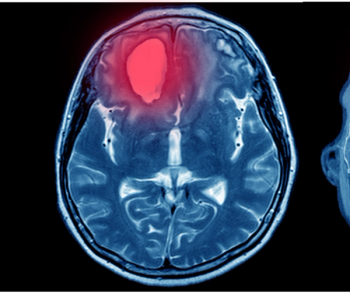
A 3D whole brain convolutional neural network could provide enhanced sensitivity and specificity for diagnosing intracranial hemorrhages on computed tomography, according to new research presented at the Society for Imaging Informatics in Medicine (SIIM) conference in Kissimmee, Fla.
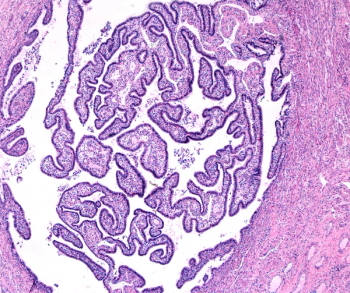
Selective salpingography may provide enhanced assessment of fallopian tubes and fallopian tube recanalization could be a viable alternative to facilitate natural conception, according to new research from the Department of Radiology at the University of British Columbia.
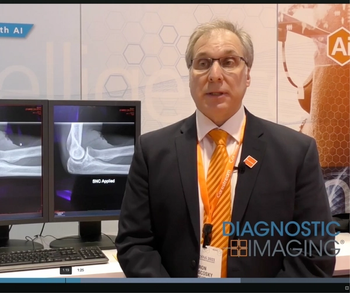
Innovations with artificial technology (AI) are fueling product advances that offer enhanced image quality, patient positioning and workflow efficiencies.
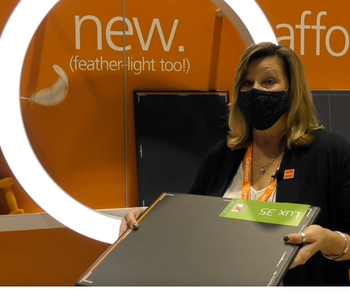
The portability and durability of the device may make it an emerging option for bedside imaging.
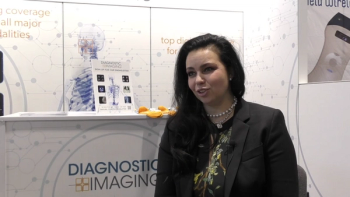
During the pandemic and beyond, working from home as a radiologist can present clear work-life advantages.

Pertinent perspectives on emerging trends in radiology.

GE Healthcare unveils on-site detection upgrades and other advances with CT system as well as a new MRI device.

Technologies must be integrated with existing platforms and workflows, as well as demonstrate value.
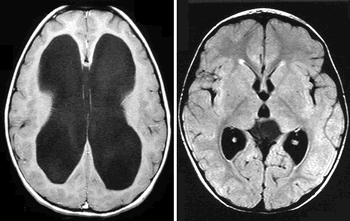
Early study results suggest that low-field MRI may offer a cost-effective, radiation-free alternative to monitor ventricular volume changes in patients with hydrocephalus.
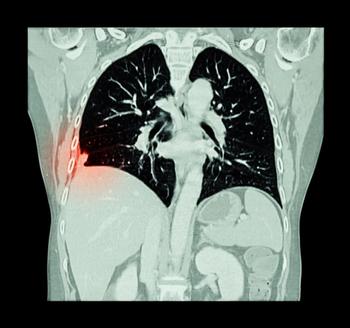
Cost, lower literacy levels and fear of lung cancer diagnosis were highlighted as concerns with lung cancer screening.
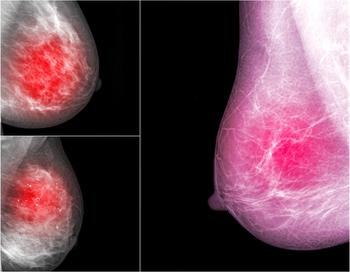
Diffusion-weighted imaging may be useful as a safe and effective screening tool to supplement mammography in women with dense breast tissues.

This study discloses the characteristics of patients using self-scheduled online patient portal screening mammography.
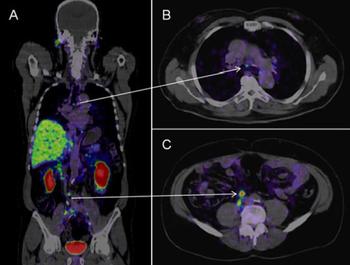
PSMA PET is highly robust in identifying prostate cancer lesions which are otherwise deemed unremarkable.